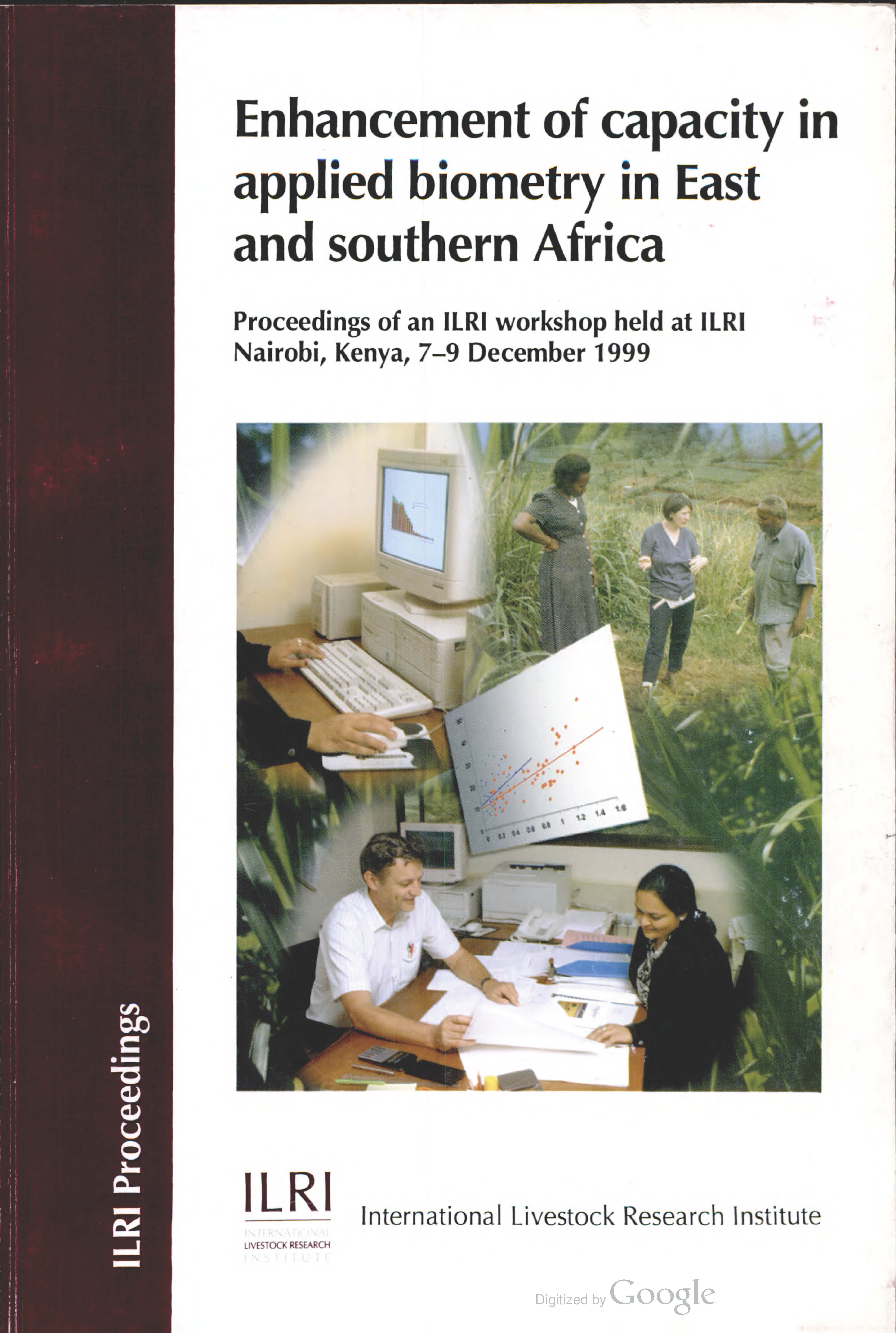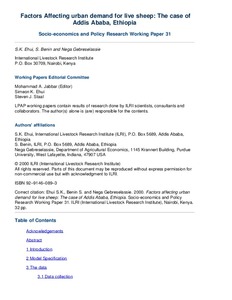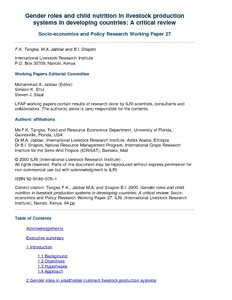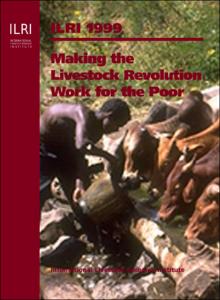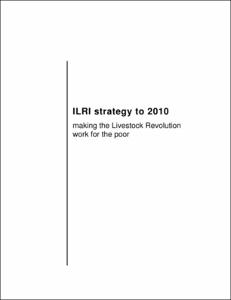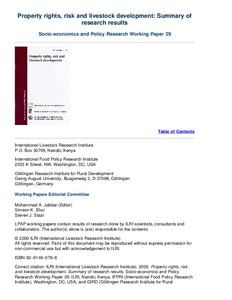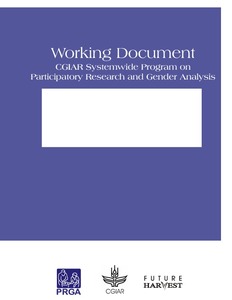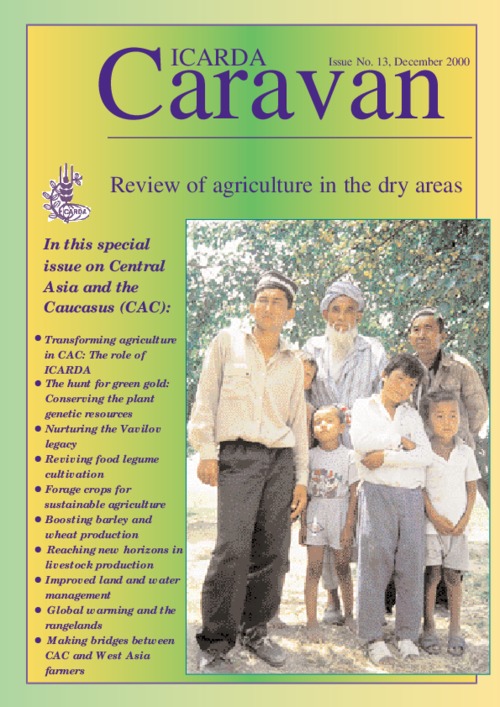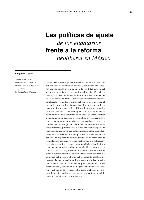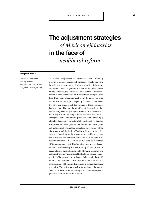Enhancement of capacity in applied biometry in East and southern Africa
Biometric skills in developing countries are inadequate to support the changing priorities of agricultural research with the consequence that the quality of research aimed at increasing food security and alleviating poverty is often deficient because it lacks good statistical design" (CTA, 1997).

